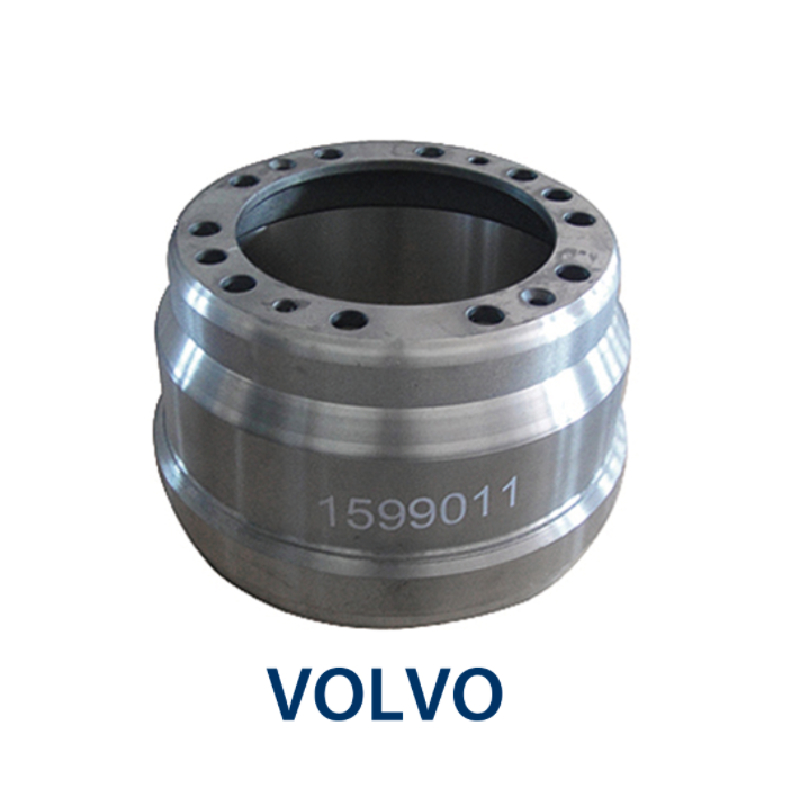Nov . 08, 2024 13:46 Back to list
Understanding Boat Trailer Brake Drums for Safe Towing and Performance Improvements
Understanding Boat Trailer Brake Drums
When it comes to transporting your boat, ensuring it is safely secured and easily maneuverable on the road is critical. One of the key components of a boat trailer that contributes to safe transport is the brake system, particularly the brake drums. This article will explore the importance of boat trailer brake drums, how they work, maintenance considerations, and what to look for when selecting the right brake drums for your trailer.
The Role of Brake Drums
A brake drum is an integral part of a drum brake system where the brake shoes press against the inner surface of the drum to create friction, thus slowing down or stopping the trailer. For boat trailers, which can be heavy and often carry varying loads depending on the boat's size, an effective braking system is essential. The brake drums provide the necessary stopping power, especially when descending hills or making sudden stops.
How Brake Drums Work
When the driver applies the brake pedal in a vehicle towing a boat trailer, hydraulic fluid flows through the brake lines to the brake shoes positioned inside the drum. This transfer of hydraulic pressure pushes the shoes outward against the inner surface of the drum, generating friction. The amount of friction produced is a function of several factors, including the materials used in the brake shoes, the condition of the drum, and the design of the entire brake system.
Maintenance of Brake Drums
Proper maintenance of your boat trailer's brake drums is crucial for both safety and performance. Here are some key maintenance tips
1. Regular Inspections Check the condition of the brake drums at least once a season. Look for signs of wear, such as scoring or pitting on the inner surface, which can reduce their effectiveness.
2. Keep Them Clean Dirt and debris can accumulate in the brake drum, hindering performance. Regular cleaning can help maintain optimal functionality.
boat trailer brake drums

3. Check Brake Fluid Levels The hydraulic system relies on clean brake fluid. Make sure the fluid levels are adequate and free of contaminants.
4. Monitor for Noise If you start to hear grinding or squeaking noises when braking, it's a strong indication that your brake shoes or drums may need replacing.
5. Replacement Brake drums do not last indefinitely. Depending on usage, they may need to be replaced every few years. Replacing them in a timely manner can prevent more costly repairs down the line.
Selecting the Right Brake Drums
When choosing brake drums for your boat trailer, there are several factors to consider
1. Compatibility Ensure that the brake drums are compatible with your trailer's braking system and meet the manufacturer's specifications.
2. Material Most brake drums are made from cast iron or aluminum; each has its benefits. Cast iron typically offers better heat dispersion, while aluminum can be lighter and resist rust.
3. Size and Weight Rating Choose brake drums that can handle the weight of your trailer and boat without compromising safety.
4. Brand Reliability Look for reputable brands and read reviews to gauge quality and performance.
In conclusion, the brake drums of a boat trailer play a vital role in ensuring safe transport. Regular maintenance and prompt replacement of worn-out parts are necessary to keep the braking system in peak condition. By understanding how brake drums work, performing regular checks, and knowing what to look for when purchasing new drums, boat owners can enhance their safety on the road and ensure a smooth journey with their watercraft in tow. Prioritize safety and performance, and your boating adventures will undoubtedly be more enjoyable and secure.
-
Volvo Brake Drum: OEM Quality, Optimal Safety
NewsAug.27,2025
-
Durable Brake Drum MAZ for Heavy Duty Trucks | High Performance
NewsAug.26,2025
-
FUWA: Premium Quality, Reliable Performance & Innovative Solutions
NewsAug.25,2025
-
Liza Brake Drum: Superior Quality & Performance for Safe Driving
NewsAug.24,2025
-
Iveco Brake Drum | Premium OE Quality for Daily & Eurocargo
NewsAug.22,2025
-
Your Brake Drum Man: Quality & Performance Parts
NewsAug.21,2025
